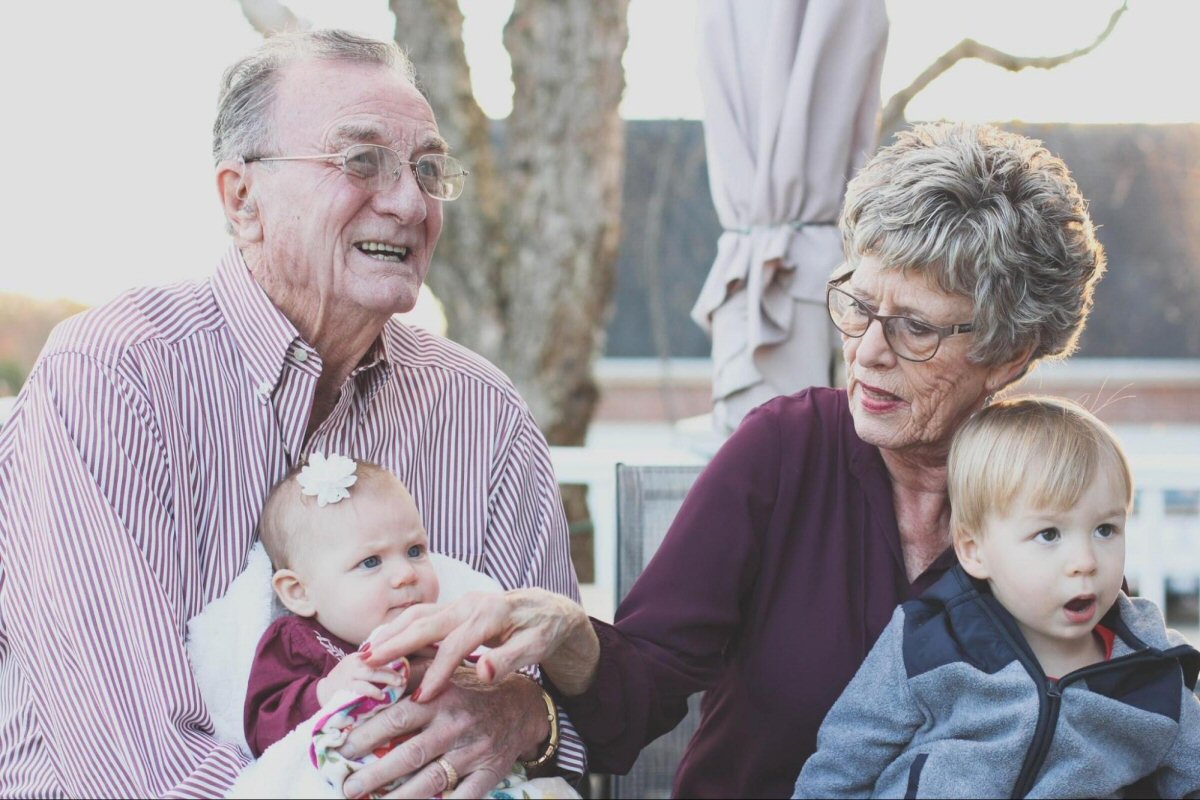Our senior years should be a time where we continue to learn, socialize and enjoy the same pleasures which we have loved throughout our lives. As we grow older, our minds are still curious and our tastes, hobbies and interest remain unchanged. We also still need companionship and stimulation to feel secure and fulfilled. Because of this, care programs should be focused on people’s potential!
For many older individuals, the perception of aged care compared to the reality can be greatly skewed. Often, their primary concerns surround the loss of independence and choice and the media is strongly implicated in playing on those fears.
It is time we changed the way people think and talk about aged care. The Australian healthcare system has evolved into a dynamic and proactive amenity, committed to enablement and wellbeing in elderly members of the community.

So, what is aged care and how can we change the conversation around transitioning to a more structured lifestyle whilst still retaining our right to decisions surrounding our care, well-being, and life choices?
Care Modalities
Caring for older members of the community includes keeping them connected by encouraging socialization through outreach programs and activities.
The term ‘aged care’ is an umbrella which covers a wide range of resources for the elderly, including:
- Community care – regular in-house support worker visits
- Respite care
– in-house or residential
- Full-time residential care
- Home care packages
- Subsidized fees where required
- Wellness programs
In-home Community Care provides a paid caregiver for regular daily or weekly visits, to assist with a range of activities and personal care tasks. These may include:
- Aid with dressing, showering or grooming
- Transportation to appointments, shopping or outings
- Light cleaning, cooking or nutritional guidance
Programs
Aged care has positively evolved in recent years through understanding and appreciating the importance of maintaining an active and creative mind into old age. Programs have been designed to reduce feelings of isolation whilst increasing self-esteem. Pet therapy is one such initiative.

Pet Therapy
Studies are now proving that pet therapy provides many valuable benefits in caring for the elderly. Aside from the love and companionship they provide, pets can also boost a person’s sense of well-being and even improve their health!
With this in mind, some residential aged care providers are now embracing pet therapy to improve physical and mental health outcomes – socially, emotionally and cognitively.
HenPower was one such initiative which originated in the UK and is now being implemented in Australia with great success. Caring for chickens has shown to deliver several positive outcomes, including:
- Empowerment through responsibility
- Connection and social interaction
- Health and wellbeing
By including neighborhood schools and the local community in these programs, the benefits can be exponentially increased to create an inclusive and fun experience for everyone.
Creativity
There is ample evidence that creativity and good mental health go hand in hand. By offering the elderly a range of activities such as music, cooking, storytelling and art, is a wonderful way to keep their minds active and stimulated. These activities are also providing a social connection with others along with a common bonding experience.
Dementia patients have been found to respond well to poetry and singing – often remembering the words to songs. Music and dance initiatives are an ideal way to maintain interaction and stimulation.
Forging Bonds
New studies have found that relationship-based care is a profound factor contributing to positive outcomes in the elderly. This can be achieved through:
- Consistency of staffing
- Building strong emotional bonds between caregivers and residents/clients
- Forging positive relationships with family members and the care team
- Involvement programs such as those mentioned above
- Collaborative caring where residents and clients are involved in a partnership
For those looking to connect with an aged care program or service provider in their area, visit the My Aged Care website. Here you can access a range of resources and guidance as well as access information about fees and charges.
Growing older doesn’t mean we need to stop enjoying life. With new initiatives, wellness programs and a focus on relationship-based care, this can be a time to enjoy a different perspective on life. Let’s begin by positively changing the conversation surrounding aging and aged care in our society.





